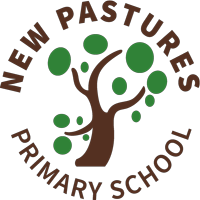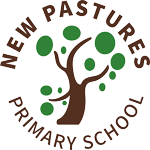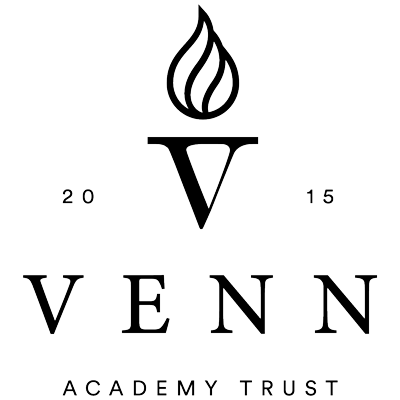What is your favourite subject and why? –
“I love P.E. because I am a real sports person and enjoy being creative.”
What do you like about the teachers?
“They make me feel safe.”
What is your favourite subject and why?
“Topic and Art are my favourite lessons because they push me to my limits and are fun.”
What is the best thing you have done in school?
“I love the school trips and when we go to the church to sing.”
What is your favourite subject and why?
“Art because I like drawing and sometimes my work goes on the wall.”
What is your favourite subject and why?
“Art because it calms me down and it’s great fun.”
What do you like about the teachers?
“They are helpful and kind.”
What would you say to a child who is worried about joining this school?
“We will look after you and help you.”
What is the best thing you have done in school?
“Everything. I enjoy every single second of school.”
What do you like about the teachers?
“They tell jokes and help us learn.”
What is the best thing you have done in school?
“The best thing I’ve done at school was going to William’s Den and building my own den.”
What is your favourite subject and why? –
“Maths because I love numbers and adding.”
What is your favourite subject and why?
“English because I love writing stories and poems.”
What is the best thing you have done in school?
“I really enjoy playing for the school football team.”
What is the best thing you have done in school?
“I enjoy the school trips to the museum so I can learn.”
What would you say to a child who is worried about joining this school?
“Be yourself. It’s a great school and you’ll fit in.”


